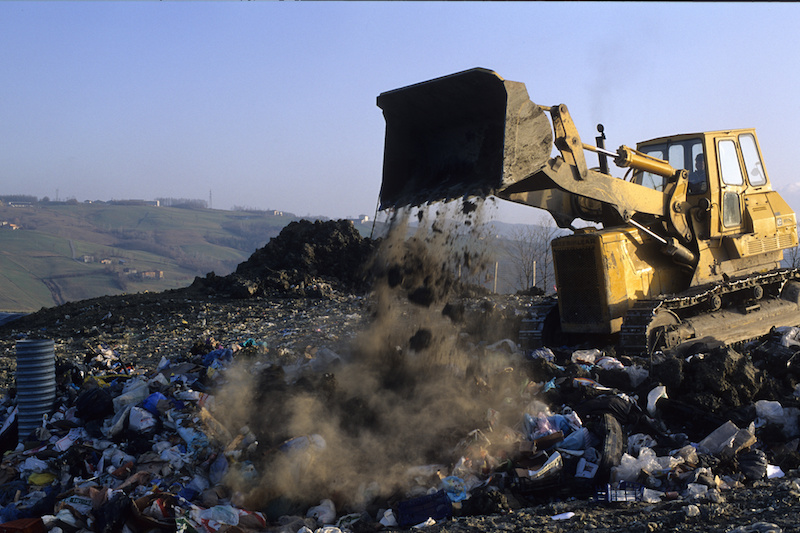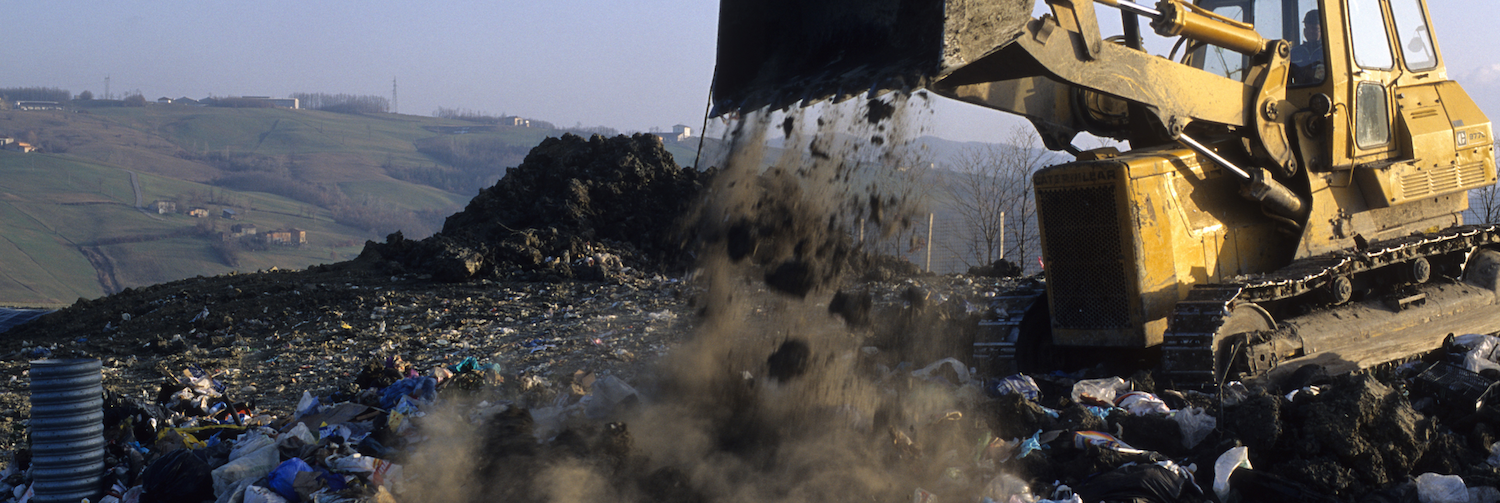It is true that Australia competes against the rest of the world in a number of ways and recycling is no exception. In certain aspects such as newspaper recycling, Australia has been the leader for many years. However, there are other areas where it has to pull up its socks.
According to the recent data from the Australian Bureau of Statistics, each Australian citizen contributes nearly two tonnes of waste annually. This waste consists of a mixture of both household garbage and commercial waste created by the items you buy or use.
Due to the obvious reasons, it is becoming more expensive and harder to find and implement new effective refuse tips for waste management. For years, recycling has proven to be a viable solution for tackling rubbish. As such, it’s not only used in Australia but globally at large.
For many of us, recycling may only imply discarding our rubbish in the yellow lid bin. This rubbish is then picked up, transported to the available recycling facility where it is reversed into its basic material, whether plastic, aluminium, glass or plastic.
However, the truth is that this is not always the case with our recycling industry. If you didn’t know, there are serious problems in the Australian recycling industry. In fact, it has been proven that significant amounts of recyclable materials are being dumped in the landfills.
Things got even worse for the future of rubbish when China stopped taking our recyclable plastics. Of course, this clearly revealed just how dependent the recycling industry of ours was on shipping our rubbish overseas. Even top industry leaders are in agreement that the recycling industry is in crisis. Of course, this does not entirely mean that things are out of control. There are lots of strategies that both the central and local governments can put in place to rescue the situation.

What are some sustainable measures that Australia needs to take?
Industry experts such as the Waste Management Association of Australia (WMAA) lament that there is an urgent need to have effective guidelines that encourage recycling of waste.
Thankfully, the government has moved with speed, to put some sustainable measures which include:
Plans to make packaging sustainable by 2025
Even though it may seem an ambitious move, it can be highly beneficial when implemented. It should be noted that this agreement was actually triggered by the Chinese ban on imported plastic waste. Even though critics believe it’s already too late, we all know that it’s never too late to give it a try. Previously, nearly 35% of Australia’s recycling plastics and 30% of cardboard and paper had been delivered to China.
However, the hard-hitting closure of that deal left councils scratching their head on what to do next. This goal seems to have the potential to help the country handle its recyclables more effectively. To achieve this dream, Australia may be forced to penalise businesses that use non-recyclable packaging as well as retailers who trade goods in multi-material packagings such as plastic and polystyrene without offering an alternative.
Must invest in more effective and sufficient recycling plants
Most recycling work is currently done by private firms in Australia. Councils are only responsible for gathering household recyclables, but with few exceptions, they often pay businesses to handle the recycling. Most materials can be recycled; even polystyrene and plastic. However, proper recycling requires dedicated equipment at the recycling facilities for this to be achieved. What’s more, these recycling centres need to be delocalised.
New facilities need to be created in regional or rural areas. This will not only decrease the transport costs associated with waste management significantly but will equally increase the profit margins of the recycling industry. This would equally mean much fewer emissions as waste is transported from collection centres to the sorting facility and then back to the industry and to the final shipping locations.
In this regard, also, the sorting centres must be upgraded. Getting less contamination in the recycling cans is only part of the issue. Sorting zones need to do a better job when separating rubbish into its various classes. All sorts of non-recyclables must be eliminated.
It must invest in waste-to-energy projects
This could become a reality in the next few years. If you didn’t know, the Federal government has equally instructed the Corporation of Clean Energy Finance as well as the Australian Agency for Renewable Energy to seriously take into consideration waste-to-energy initiatives. There are already a number of countries across the world that have adopted this practice, including Sweden and Denmark.
Australia is a developed country and has all the necessary tools it needs to make this a reality. Generally, waste-to-energy practices take many forms, but arguably the most common is to feed the waste into high-end incineration systems which efficiently burn waste as a fuel to provide energy. Reliable sources indicate that the plans to construct a $400 million waste-to-energy incinerator in Queensland are currently underway.
Discourage the use of landfills
A pragmatic, but the ultimately effective strategy would be to raise landfill levies. This would make industries to feel the strain and consider their options as they face their recycling mess. It would create an immediate and clear incentive for entities to consider the amount of material waste they need to dump in the landfill.
It is clear that Australia is facing a massive recycling problem. It’s good that it has realised this faster than anyone, and has adopted a framework on how to handle its recycling problems. These are just some of the ways in which it can deal with this waste menace. We hope that as a major rubbish removal industry in Sydney, we can help the government take the necessary steps to carry out its recycling programs more effectively.
Paul’s Rubbish Removal is all about quick, cheap rubbish removal, disposal and recycling of all types. We provide free quotes over the phone on 0407 125 125.







